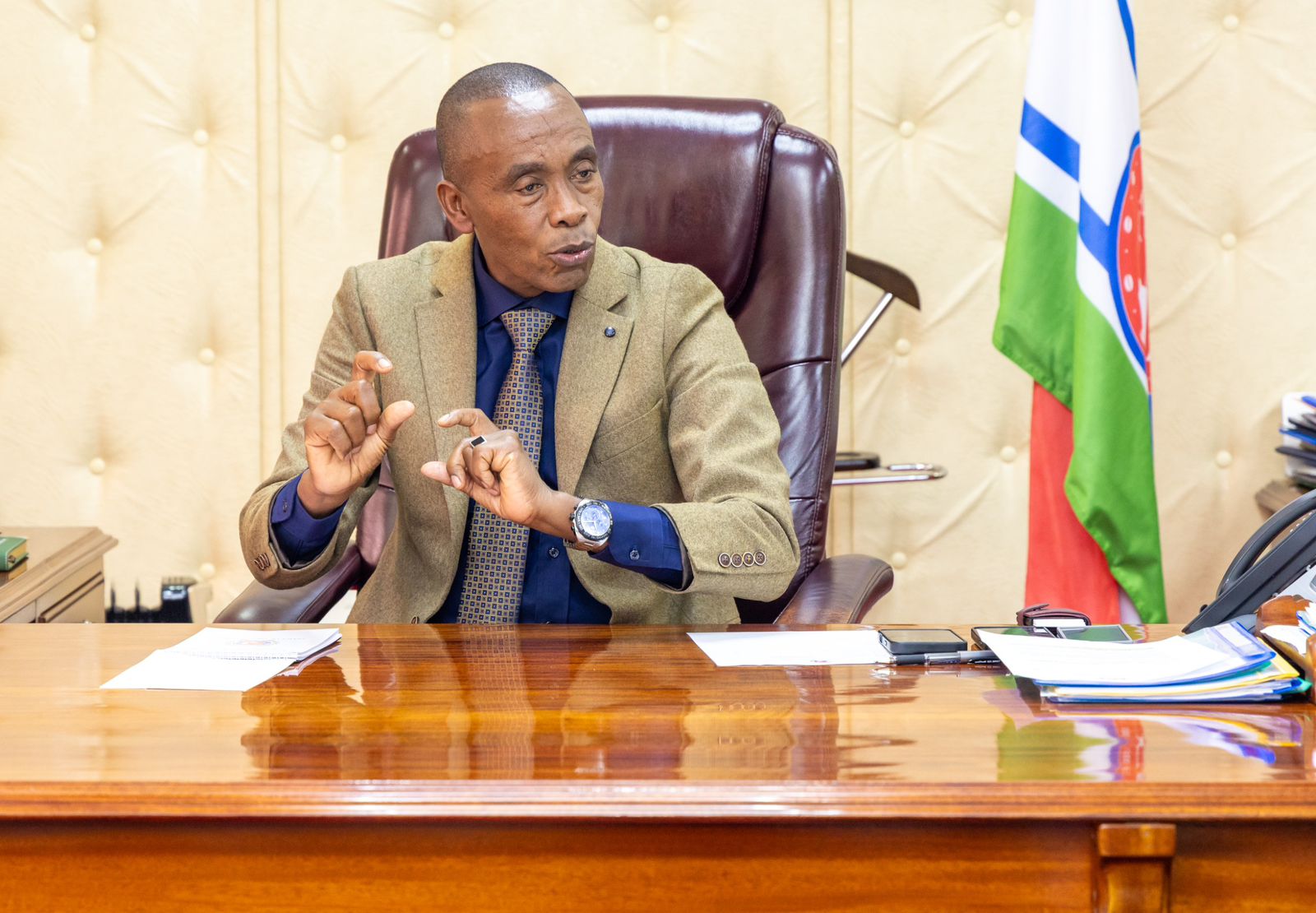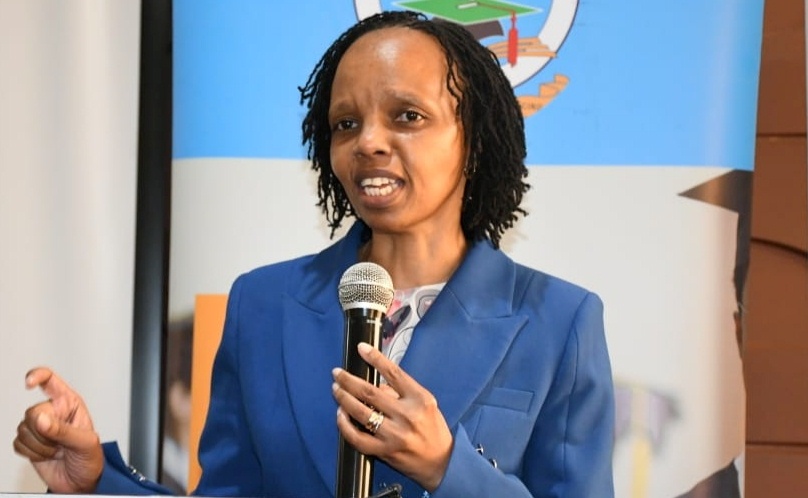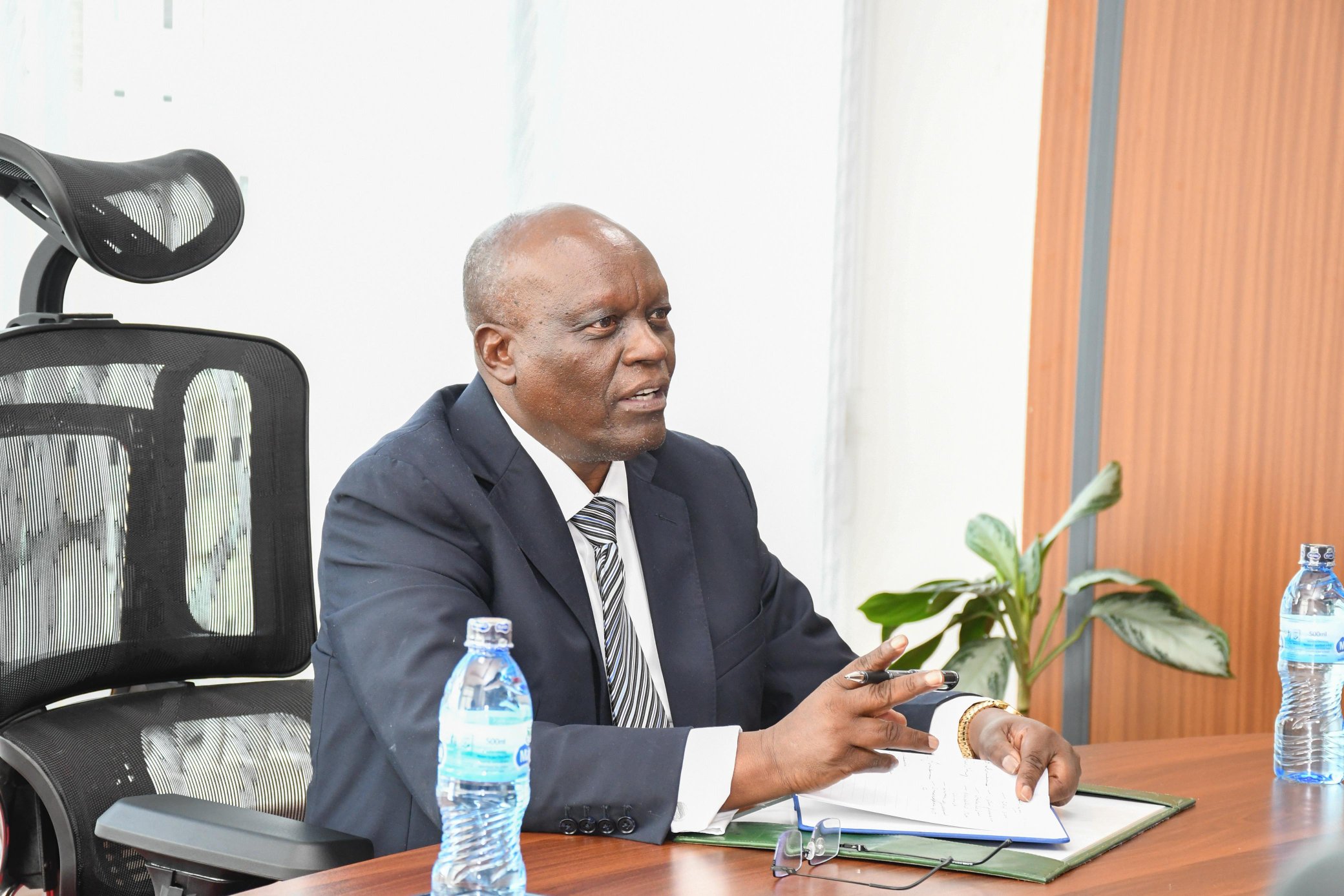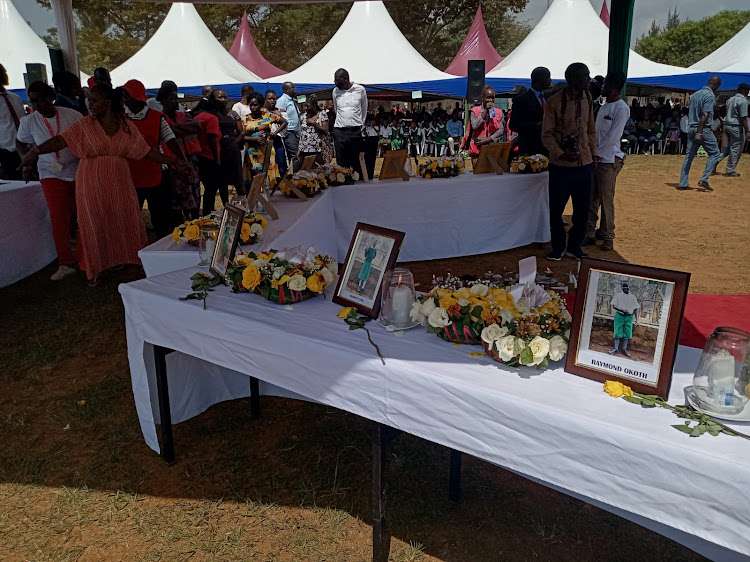TWV Team
Kiambu Governor Kimani Wamatangi is increasingly finding himself on the defensive as tensions between him and a section of local Members of Parliament continue to escalate. What began as quiet political friction has now developed into open hostility, with the governor attributing his isolation to his refusal to cede control of county affairs to legislators.
Wamatangi argues that his strict governance approach, particularly sealing loopholes that previously allowed wastage of county resources, has made him unpopular among some MPs. According to the governor, these leaders have gone as far as blocking his direct access to President William Ruto in a bid to create the impression that relations between State House and the county boss are strained.
The fallout was laid bare during a recent State House meeting hosted by President Ruto for grassroots leaders from Kiambu. The meeting, attended by senior Kenya Kwanza figures including Majority Leader Kimani Ichung’wah and Deputy President Kithure Kindiki, conspicuously excluded the governor. Wamatangi later clarified that he had not been formally invited by the President’s handlers, alleging that MPs coordinated the event without his knowledge.
Adding to the intrigue is the ongoing debate over whether Kiambu should secede from the larger Mount Kenya bloc to form its own region. While some local politicians are agitating for autonomy, Wamatangi has dismissed the proposal as counterproductive, insisting that the county benefits from collective bargaining under the Central Kenya umbrella. He cites the economic bloc initiatives pioneered by senators from the region, which allowed counties to pool resources and negotiate more effectively with the national government.
The governor’s insistence on pursuing cost-saving projects has also placed him at odds with legislators. His administration is installing solar-powered borehole pumps and 12,000 solar street lights, measures he says will save the county over Sh700 million in electricity bills annually. He also faulted MPs for passing the controversial road maintenance levy law, which denied counties vital funds, further crippling Kiambu’s already struggling transport infrastructure.
Despite accusations of dictatorial leadership, Wamatangi insists that he maintains cordial working relations with most MPs, blaming only a few for politicising county affairs. He maintains that his office remains open to all leaders who prioritise development over self-interest.
Political analysts, however, paint a more complex picture. Maina Kamunya, a Nairobi-based commentator, observes that Wamatangi’s isolation partly stems from his lukewarm involvement in UDA’s 2022 campaigns. This allowed Ichung’wah and other MPs to entrench themselves as the region’s political kingpins. Kamunya notes that Wamatangi has adopted a deliberate strategy of leaning on grassroots support rather than forging tight political alliances, an approach that could either secure his independence or cost him re-election in 2027.
For now, Governor Wamatangi’s balancing act between service delivery and political survival remains one of the most closely watched developments in Mount Kenya politics.





